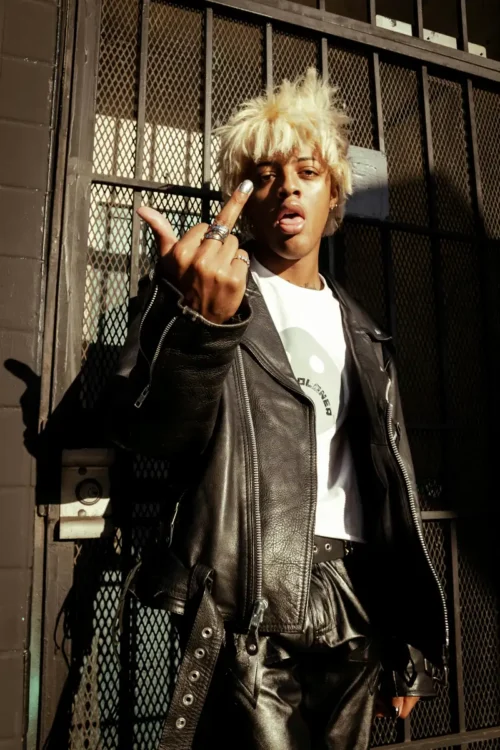The Sociology of Music and Punk as a Form of Dissent
Music has always been a powerful tool for social expression and cultural critique. Throughout history, various genres have emerged as forms of dissent, challenging the status quo and giving voice to marginalized communities. One such genre that exemplifies this is punk music. Rooted in the sociology of music, punk serves as a form of dissent that challenges societal norms and offers a platform for rebellion and resistance.
The Origins of Punk
Punk music emerged in the 1970s as a response to the political and social climate of the time. It originated in the United States and the United Kingdom, with bands such as The Ramones, Sex Pistols, and The Clash leading the way. Punk rejected the mainstream music industry, which was dominated by commercialism and conformity. Instead, it embraced a DIY (do-it-yourself) ethos, encouraging individuals to create their own music, artwork, and fashion without relying on traditional institutions.
Punk as a Subculture
Punk quickly developed into a subculture with its own distinct values, beliefs, and practices. It attracted individuals who felt alienated by mainstream society and sought a sense of belonging and identity outside of the mainstream. Punk subculture was characterized by its rebellious attitude, anti-establishment views, and a rejection of societal norms and expectations.
One of the key elements of punk subculture was its emphasis on individualism and self-expression. Punk musicians and fans alike used music, fashion, and visual art as a means to express their discontent with the prevailing social order. The music itself was characterized by its raw and aggressive sound, often accompanied by politically charged lyrics that critiqued various aspects of society, including politics, consumerism, and inequality.
Punk as a Form of Dissent
Punk music served as a form of dissent by challenging the dominant cultural and social narratives of the time. It provided a voice for those who felt marginalized and excluded from mainstream society. Punk musicians used their music as a platform to critique social and political issues, often addressing topics such as poverty, unemployment, racism, sexism, and police brutality.
Furthermore, punk music and subculture challenged traditional notions of gender and sexuality. It provided a space for individuals to explore and express their own identities, regardless of societal expectations. Punk embraced and celebrated diversity, promoting inclusivity and acceptance.
Punk also challenged the music industry itself. By rejecting the commercialization and commodification of music, punk musicians emphasized the importance of artistic integrity and authenticity. They resisted the pressure to conform to market demands and maintained their independence, often releasing music through small, independent record labels.
The Legacy of Punk
Punk music and its ethos continue to resonate today, even though the genre has evolved and diversified over the years. Its influence can be seen in various subcultures and genres, such as hardcore punk, pop-punk, and post-punk. Punk’s spirit of dissent and resistance continues to inspire artists and activists who use music as a tool for social change.
In conclusion, the sociology of music provides a framework for understanding punk as a form of dissent. Punk music and subculture emerged as a response to societal injustices and a rejection of mainstream norms. By challenging the status quo and giving voice to marginalized communities, punk serves as a powerful tool for social critique and resistance.




